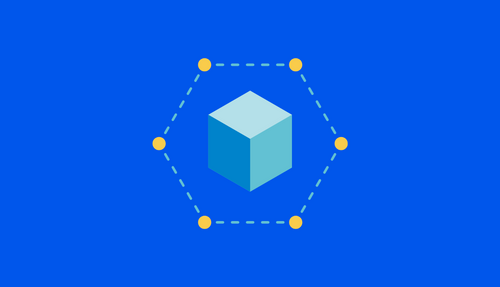What is Blockchain?
For Beginners

Blockchain can be defined as a digital ledger for transactions made using digital currencies. The general public knows that blockchain and Bitcoin go hand in hand, but it’s not just the base of operations for crypto. It’s a vital technology used to process transparent private payments as opposed to the highly conspicuous bank payments, which most people used before crypto came along.
So, what is Blockchain technology for?
Here are several takeaways:
- Blockchain registers all transactions made on its network. Anyone can see how they went, and the process is decentralized and automated. It means that there isn’t a controlling body for this network and that it’s very transparent.
- Cryptocurrencies typically work on blockchain, and most coins you know operate either on their own networks or other blockchain networks.
- The payments are very secure because the blocks used to transfer this money are made to be secure and impossible to tamper with.
What is a Blockchain in terms of its advantages?
It is hugely beneficial for transactions, and that’s partially why crypto was created in the first place. So, it could be used to exchange funds on a secure, transparent network like this. As for actual advantages, here are several:
- Availability. These networks are global, and although there have been successful attempts to limit the use of crypto in certain regions, anyone can potentially receive or send money this way. Even if it’s illegal.
- Privacy. You don’t have to disclose any private information about yourself to send money to someone.
- Transparency. Even though you don’t have to disclose any personal data, the transaction details can still be viewed by anyone, which is intentional and can be used to verify someone’s legitimacy.


